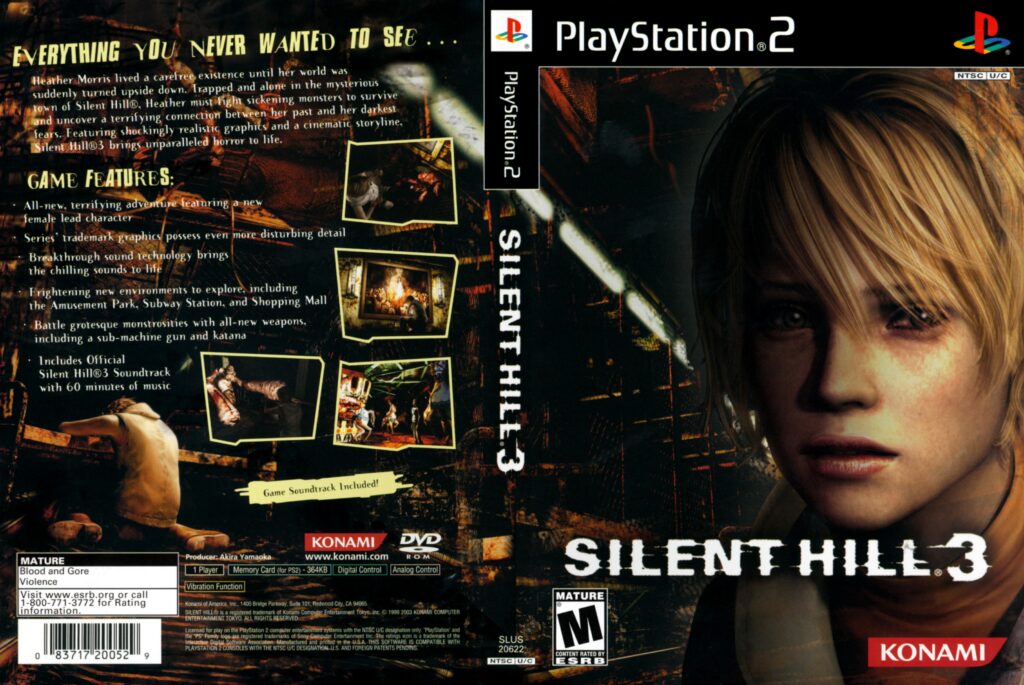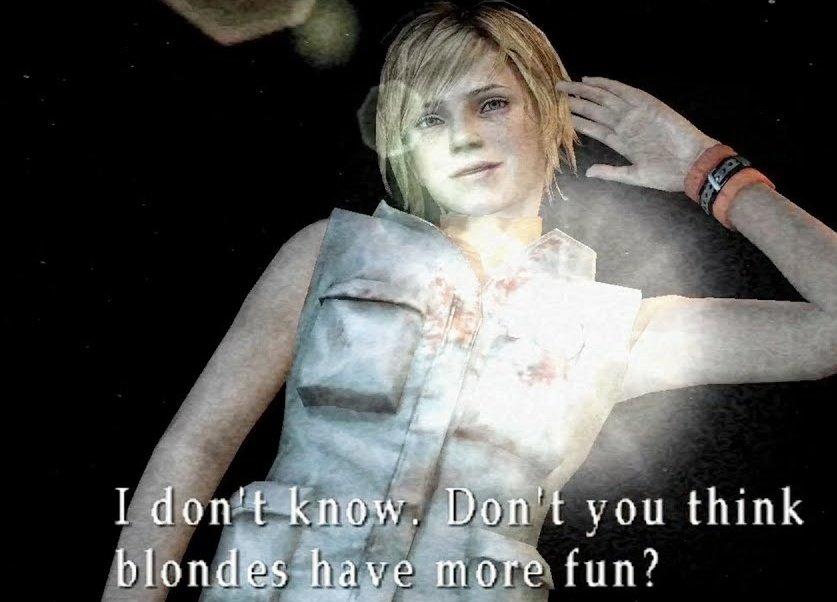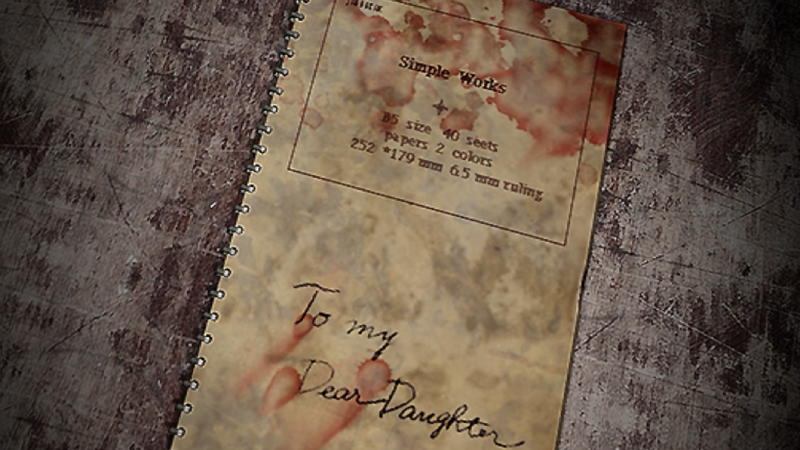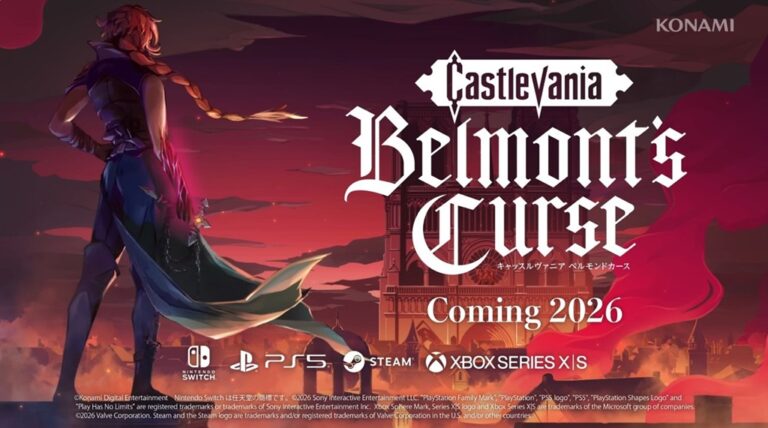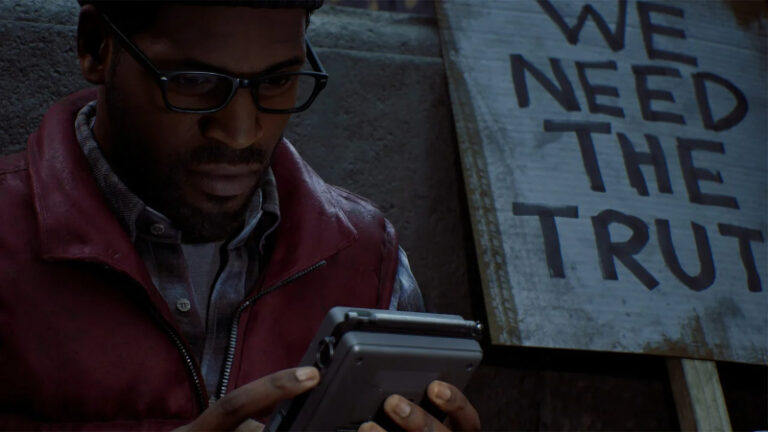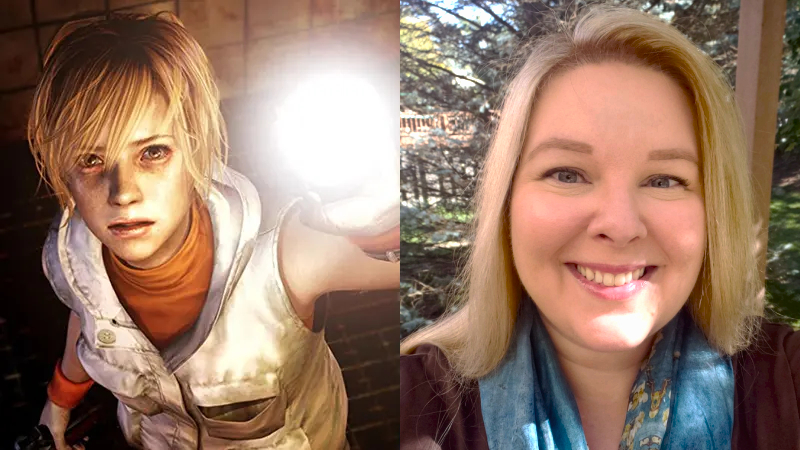 Silent Hill 3 is a sequel that did the impossible. Released in North America on August 5, 2003, for the PlayStation 2, it was a direct follow-up to the original 1999 survival horror classic, and even though that game didn’t need one, it turned out to be one of the best sequels ever.
Silent Hill 3 is a sequel that did the impossible. Released in North America on August 5, 2003, for the PlayStation 2, it was a direct follow-up to the original 1999 survival horror classic, and even though that game didn’t need one, it turned out to be one of the best sequels ever.
SH3 skillfully navigated expectations, retained the bleak, atmospheric, stuck-in-a-nightmare quality of the original, and expanded on the lore of the town without taking anything away from it. That’s thanks in no small part to the English text that appears in the game, in the form of both protagonist Heather Mason’s inner thoughts and the puzzles, documents, and poems that appear throughout it.
While Jeremy Blaustein is credited as the English Supervisor/Translator and directed the motion capture and voice recording sessions for Silent Hill 3, Nora Stevens Heath is responsible for the translation of the song lyrics and all the nonvoiced text in the game, like puzzles and poems (despite what the game’s instruction manual and credits say). During the time the game was being localized, she worked for Wordbox Inc., Blaustein’s international translation company that specialized in games.
Silent Hill 3 celebrates its 20th anniversary this year, and we thought that was the perfect excuse to sit down with Ms. Heath to discuss her work on the game as well as a translation career that spans a variety of different mediums, including games, anime, and comics.
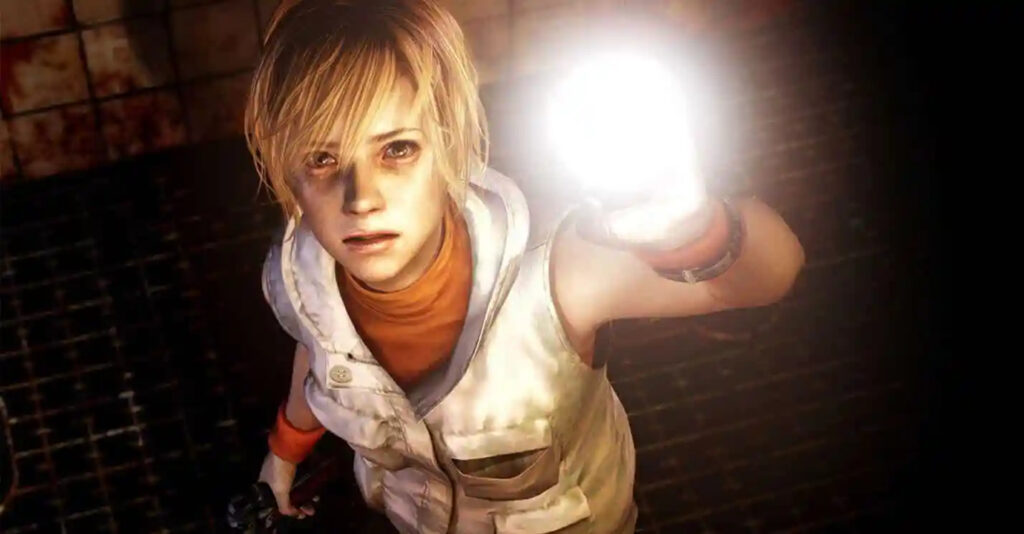 ROH: Thank you so much for agreeing to do this interview. It’s such a pleasure to speak with you!
ROH: Thank you so much for agreeing to do this interview. It’s such a pleasure to speak with you!
Nora: Likewise! Thanks for inviting me.
ROH: You’ve enjoyed a wide-ranging career that includes working on television shows, comic books, short stories, video games, medical journal articles, and technical documentation, among others. Please introduce yourself and tell us a little bit about yourself.
Nora: I’m a full-time freelance Japanese-English translator based in Michigan. After earning my BAs in Japanese and in linguistics from the University of Michigan in Ann Arbor, I dove right into translation work; though I was in-house at first, I’ve been entirely freelance for twenty years now. These days the bulk of my work is in video games and anime, with the occasional foray into translating product descriptions and the like for a few select clients in the consumer-goods industry. I consider myself one of the luckiest people on earth to be able to do what I love and get paid for it. In my spare time, I read, garden (when the weather allows), dabble in video games, and travel—especially to Japan.
ROH: How did you get into localization?
Nora: I had the first inklings of interest in the field back when I was in the third grade or so, on a visit to the Ontario Science Centre. I picked out a book of origami and was not only intrigued by the strangely translated English, but also curious about what the authors must have meant to say in Japanese. This put me on the road to learning Japanese and, later, becoming a translator. I would watch the credits of my favorite SNES games (Final Fantasy II in particular, translation warts and all) and tell myself, My name will be in there someday.
ROH: How did you get the job doing the translation work for Silent Hill 3?
Nora: I was working as a full-time in-house translator at a brake-pad company and just starting to look into the feasibility of going freelance. Jeremy Blaustein had posted a call for translators on an industry mailing list, to which I responded. After working with him on another title (a soccer game which may never have been released in the States), I completed a trial for SH3 and was given the job on the basis of my puzzle translations. (And I quit my in-house job not long after.)
ROH: Were you familiar with the series or had you played any of the previous games before you began work on SH3?
Nora: You know, I don’t think so. I feel like I got around to playing SH2 around the time I was working on SH3, but I don’t think I was familiar with the series at that time.
ROH: Can you break down what the translation process was like for SH3?
Nora: I would receive Excel spreadsheets with separate columns for the speaker name or label (such as “book” or “letter”), the Japanese text, and the English translation. I was also lucky to have had a ton of comments from the dev team that provided some extra context or background info to help inform my translation choices.
ROH: Heather’s inner monologue is a lot sassier than those featured in the previous two games. Was that just how the Japanese text was written or was some of it the result of your own artistic interpretation?
Nora: I came to this project with a fresh eye/ear, having so little experience with the previous games in the series. That certainly contributed to Heather’s unique voice. Additionally, I was young enough at the time that my own snarky-teen-girl years were still fairly fresh in my memory. Finally, it’s important to me to capture authentic dialogue in my translations, for these characters to say things that actual people would say in natural-sounding ways; I feel like Heather’s English dialogue captures her personality without going overboard (say, into “Valley girl” territory) or straying far from the original Japanese.
ROH: Can you explain the term ‘Flavor text’ and what it’s meant to describe?
Nora: Flavor text is the player’s reward for pressing the Examine button next to all kinds of random stuff. Sometimes it’s as boring as “There’s nothing that looks useful in the cardboard box,” sometimes it’s an intriguing peek into the player character’s thoughts and memories. A lot of times, especially in games like SH3, it provides clues about what to do next. You could probably do without most flavor text (at least the first two varieties), but it really does add flavor to a game.
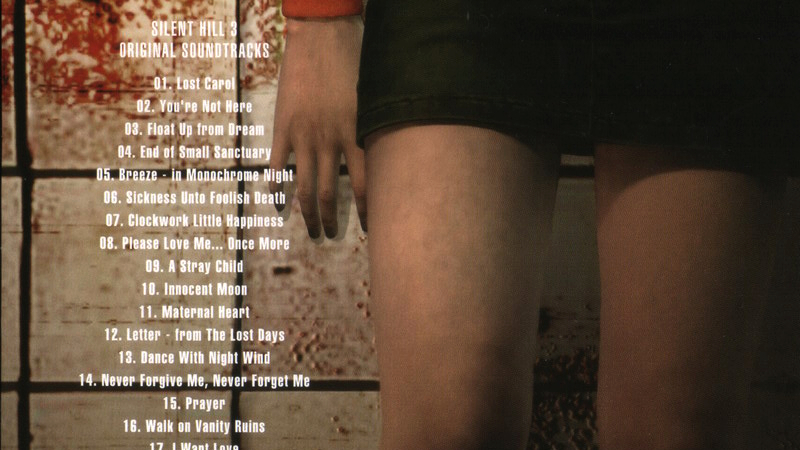 ROH: What part of the translation process, in general, do you find to be the most challenging, and what part of the SH3 translation was the hardest for you?
ROH: What part of the translation process, in general, do you find to be the most challenging, and what part of the SH3 translation was the hardest for you?
Nora: This is less of an issue nowadays, but I’d say having to be mindful of text and dialogue length. Often video games have only so much room for text (especially in on-screen graphics), and it can be a challenge twisting English into that limited space. Video subtitles should be readable in the time it takes for the speaker to finish their line; spoken game text needs to be about the same length in both languages.
My biggest challenge for SH3 in particular was definitely the song lyrics. Though I’d translated plenty of songs for fun before, this was my first time doing so for profit—and they had to be singable, which is an entirely new layer of challenge. I worked really hard on those, tweaking and retweaking them to what was essentially karaoke versions of the songs, and hearing the finished versions performed with proper vocals moved me to tears.
ROH: During the time the game was being localized, you worked for Wordbox Inc., Jeremy Blaustein’s international translation company. Do you have any fun anecdotes of working with him on SH3?
Nora: It was a pretty straightforward process—receive the Japanese, submit the English—without much interaction otherwise. I will say I particularly enjoyed working on the song lyrics, challenging though they were, and all those arcane puzzles.
ROH: In Silent Hill 3, some of the most emotionally compelling text in the game comes from the diary and notebook entries of Harry Mason, the protagonist Heather’s father. These entries only appear as text in the game and are never spoken aloud. Can you talk a bit about what the translation process was like for those?
Nora: Honestly, as someone with no SH1 experience, it was just a straightforward translation of the Japanese. I’m glad it’s considered emotionally compelling, though—that means I did my job.
ROH: We realize it’s been almost 20 years now, but are you able to confirm whether scenario writer Hiroyuki Owaku wrote the original texts for Harry’s diary and notebook or were they written by someone else?
Nora: I have no way of knowing who wrote what text in the script, but considering how careful the writers were to honor continuity and other aspects that were nods to SH1, I wouldn’t be surprised if they earmarked that text to be written with special care.
ROH: Silent Hill 3 will be celebrating its 20th anniversary on August 5th of this year. It’s considered to be one of the best sequels ever and is part of a series that has defined for so many what horror is, not just in video games, but in any medium. Do you have anything you’d like to say to all the fans out there who have enjoyed your work over the years?
Nora: I’m truly honored and deeply grateful. This was my first major game title, and I think at the time I had no idea how big it really was or could wind up being. I’m happy and proud to have contributed in some small way to SH3 in particular and to the Silent Hill series legacy in general, and a little in awe that folks are still interested in hearing about my role all these years later.
ROH: Thank you so much for taking the time to speak with us. It was such a pleasure talking with you!
Nora: The pleasure is mine! Thank you again for the opportunity.
Special thanks to the lovely Nora Stevens Heath for graciously taking the time to be interviewed. You can visit her translation page here.

